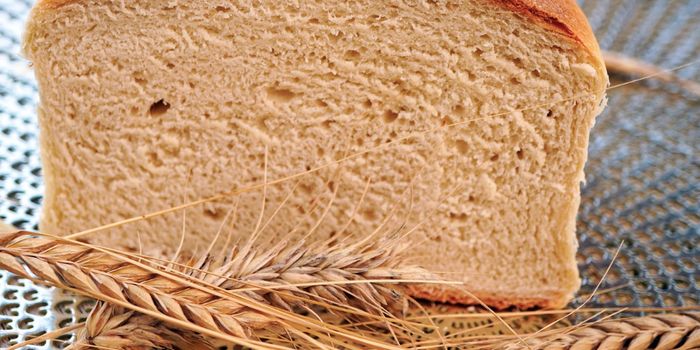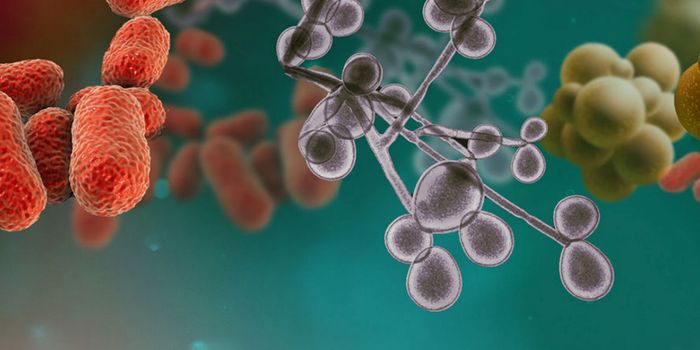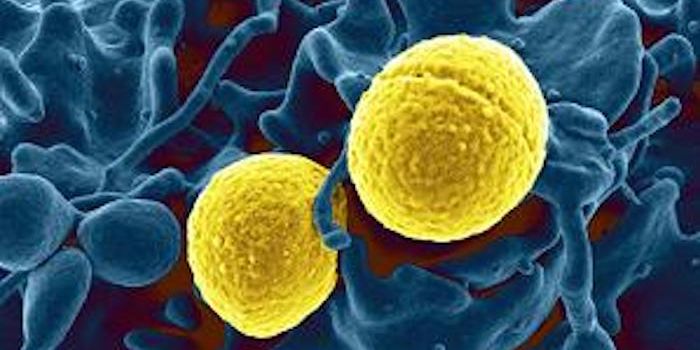Heavy Metal Exposure Raises Levels of Antibiotic-Resistant Germs in Cows
Antibiotic-resistant microbes are considered to be a major public health threat. The overuse of antibiotics is thought to be one reason why antibiotic-resistant bacteria have been thriving. Agriculture is one area where antibiotic overuse is considered problematic. US animal feed used to contain low levels of antibiotics to discourage disease outbreaks; the FDA outlawed the practice in 2017. But it seems that there are other ways for antibiotic-resistant microbes to thrive in cattle.
A new study reported in Frontiers in Microbiology has shown that when dairy cows are exposed to drinking water that is contaminated with heavy metals, after a few years they carry more pathogens that harbor genes that enable them to resist antibiotics. This study investigated two herds of dairy cattle in Brazil, one that was exposed to mining waste after a dam ruptured and one that was not. Heavy metal contaminants may be altering the genes that microbes carry and how they colonize dairy cows, suggested researcher Erika Ganda, assistant professor of food animal microbiomes, Penn State.
"Our findings are important because if bacterial antimicrobial resistance is transferred via the food chain by milk or meat consumption, it would have substantial implications for human health," she said. "What we saw is, when heavy metal contamination is in the environment, there is potential for an increase of so-called 'superbugs.'"
In this work, the researchers analyzed antimicrobial resistance genes that were found in nasal samples, feces, and rumen fluid from the affected and unaffected cattle. The microbial community carried by the different groups of cattle were very different; the abundance and prevalence of genes conferring antibiotic resistance to microbes were higher in cattle impacted by heavy metals than those that were not, noted first study author Natalia Carrillo Gaeta, a graduate candidate at the University of Sao Paulo, Brazil.
Of note - the exposed cattle were getting their water from a river impacted by the Mariana dam collapse, an ecological disaster that occurred in Brazil in 2015. Dramatic video of the event can be seen here.
The heavy metals promote the survival of bacteria that carry genes that enable them to resist the effects of a variety of chemicals they might be exposed to in their environments including heavy metals, as well as biocides and some drugs. If microbes can't survive whatever they might encounter, they die off and leave those that can withstand it remaining.
Researchers have previously identified a connection between heavy metal contaminations and an increase in the level of antibiotic resistance in microbes, said Ganda. It's called the "co-resistance phenomenon," and often, the same mobile genetic element will confer resistance to multiple things.
"As a result of this connection, the transfer of one gene providing heavy metal resistance may occur in concert with the transfer of the closest gene, providing antibiotic resistance, she said. "Consequently, some resistance mechanisms are shared between antibiotics and heavy metals."
Sources: AAAS/Eurekalert! via Penn State, Frontiers in Microbiology









